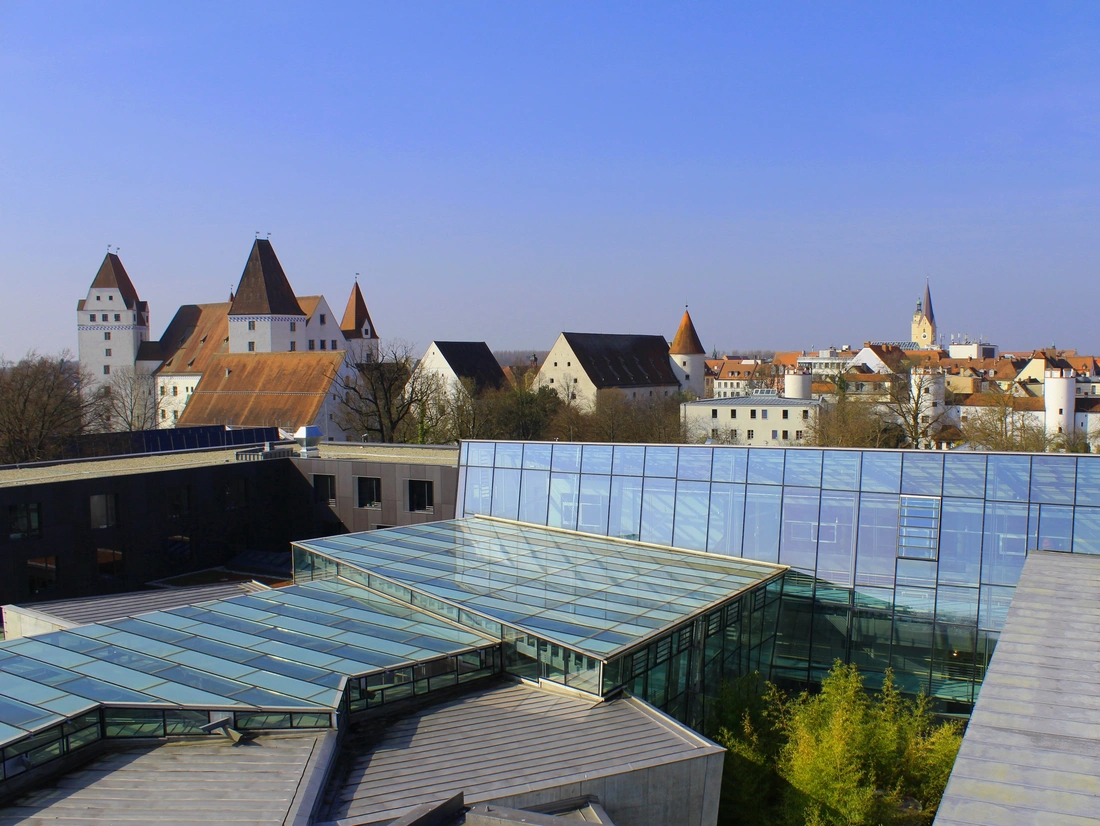Technische Hochschule Ingolstadt (THI)
With its strong focus on technology and economy, Technische Hochschule Ingolstadt, a university of applied sciences, has developed dynamically since its foundation in 1994. Today, THI counts about 5,500 students and is considered as one of the strongest universities in research among the approximately 200 German universities for applied sciences. Around 50 professors and 140 researchers currently work together in research projects financed by third party funds on a research budget of EUR 14 million, which represents one third of the entire university budget. The Graduate Center of THI takes care of 90 PhD students who are supervised in cooperative doctorate programs. The highly dynamic development of the university is expected to be continued within the upcoming years. The extension to 10,000 students with a new location in Neuburg, located 23km next to Ingolstadt, was recently approved by the government and more initiatives are currently in progress: A Center for Artificial Intelligence, the affiliated Institute for Applied Sustainability, a Fraunhofer Applied Research Center, a Center of Entrepreneurship in close cooperation with brigk (the Digital Start-Up Center of the Ingolstadt region) and finally the Audi Konfuzius-Institut Ingolstadt. For around ten years now, THI has been establishing transfer of knowledge and technology to Brazil: In the initial years, the major impetus was the international integration of our research and test center CARISSMA, which is the first ever research center at a German university of applied sciences. This first phase was strongly characterized by the acquisition of Brazilian partners in the university sector with complementary competences in the field of basic research, traffic psychology and in the sequel also trading. In this stage, academic double degrees in combination with our master’s course International Automotive Engineering were established. The second phase was marked by networking with further partners from politics, science and industry, a characteristic feature of universities of applied sciences. While the engineering sciences attracted several companies from the automotive sector in the state of Paraná, not least through the annual eMobility Forum, THI Business School benefited from several joint workshops with the industry on retailing serving as a focal point for getting in contact with partners from the contiguous state of Santa Catarina.
In the current third phase, after intense networking with further universities and industry partners, we now drive forward a closer cooperation with civil society actors in Germany and Brazil: As a strategic partnership, the concept of AWARE was to be a comprehensive network from the very beginning reaching far beyond a traditional exchange between teaching and mobility. Thus, exchange is not an end in itself; we rather aim to face the challenges of a globalized world together by generating knowledge, new technologies and innovation through joint projects.For AWARE, however, globalization also means a globalized society. We currently observe a need for a certain paradigm shift, according to which teaching and research are more and more assessed in terms of their societal impact. Already in 2012, we started fruitful discussions with our Brazilian university partners UFPR and UFSC exchanging different views on social responsibility of academia. We started with first outreach initiatives, such as seminars on road safety at public schools in Curitiba and Joinville. In addition, we opened up our German-Brazilian eMobility Forum to a wider public. With regard to the engagement for civil society, Brazilian universities can look back on a long tradition. Thus, THI and the entire AWARE network are looking forward to learning from this Brazilian expertise in the future. More than ever, universities need to change their passive role as knowledge mediator to a more active role as self-determined, organizational actors, who take responsibility for their respective region(s). From this year onwards, THI faces up to its responsibility together with Katholische Universität Eichstätt-Ingolstadt. Both universities were able to prevail with their project “Mensch in Bewegung” in the firstly announced BMBF funding program “Innovative Hochschule”. Now they will receive up to EUR 15 million for the upcoming years to develop ideas and solutions with actors particularly from civil society for the big future challenges mobility, digitalization, sustainability and civic involvement. What on the one hand represents the mentioned paradigm shift is on the other hand just the consistent development of the universal concept of “Universitas” – the community of teachers and learners – on which Ingolstadt can look back since the foundation of the first state university in 1472.
Prof. Dr. Walter Schober
President

